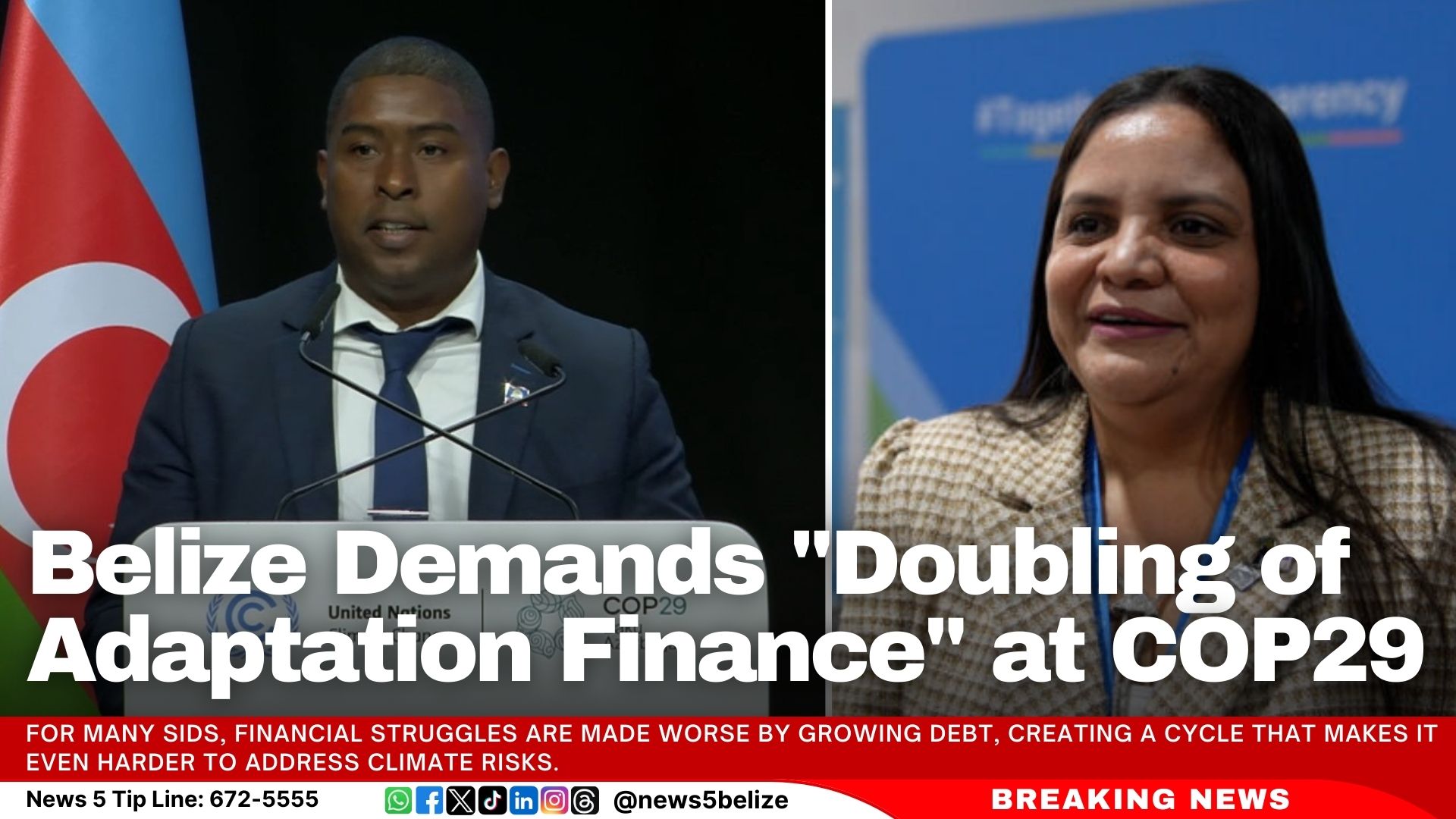Negotiations on funding for adaptation to climate change are gridlocked. “We must double the funding for adaptation and expedite the allocation of resources to address the damages caused by climate change,” said Chief Executive Officer in the Ministry of Sustainable Development, Climate Change, and Disaster Risk Management, Dr. Kenrick Williams. He urged the international community to double funding for climate adaptation and speed up financial support for the damage caused by climate change.
Dr. Williams stressed that the climate crisis is having a severe impact on vulnerable nations like Belize. Natural disasters, including tropical storms and forest fires, have caused losses exceeding $200 million, more than 6% of the country’s GDP, over the past two years. “We need a doubling of adaptation financing, and we need to expedite the financing for loss and damage,” Dr. Williams said. “Investment in adaptation is not a luxury; it is a prerequisite for survival.”
Small Island Developing States (SIDS) rely heavily on tourism, fishing, and agriculture, are already bearing the brunt of climate change impacts. Developing effective NDCs is a difficult task, requiring financial resources, technical expertise, and strong data systems—things many SIDS lack. “We face the challenge of lack of human resources back home, especially when it comes to the expertise needed to put together international documents,” said Edalmi Pinelo, Belize’s Chief Climate Change Officer.
For many SIDS, financial struggles are made worse by growing debt, creating a cycle that makes it even harder to address climate risks.
Developing Nations Reject $200bn Climate Finance Proposal at COP29
“It is an honour to participate in such a landmark event to share our thoughts, engage in debate, and express our needs,” Pinelo said. “Climate finance is one of our top priorities. Our people are suffering from recurring tropical storms, and climate change is intensifying extreme weather events. Those trying to adapt in these conditions urgently need financial support,” she added.
Developing nations, including Belize, are frustrated that climate finance discussions are still focused on emission reductions while their urgent financial and adaptation needs remain unmet. Meanwhile, the EU has not yet agreed on a final figure for climate finance under the new goal.
